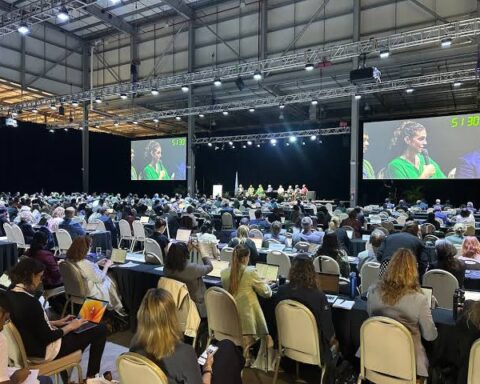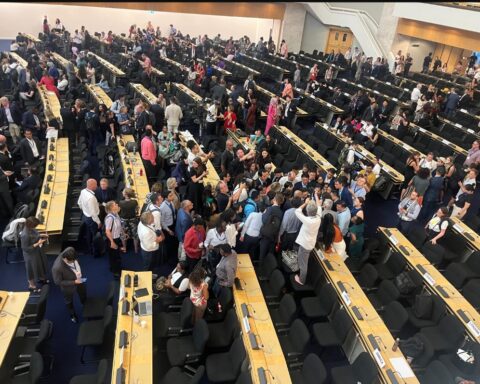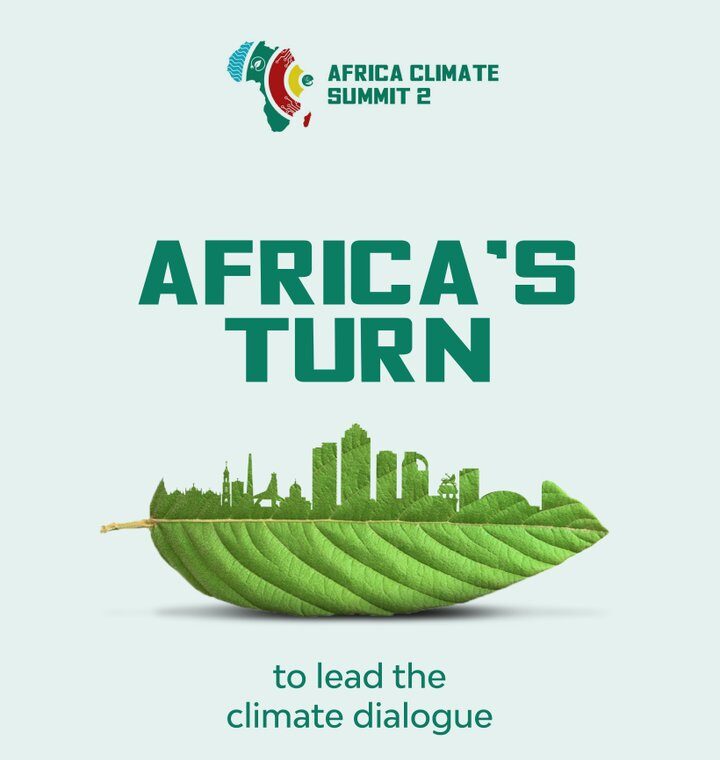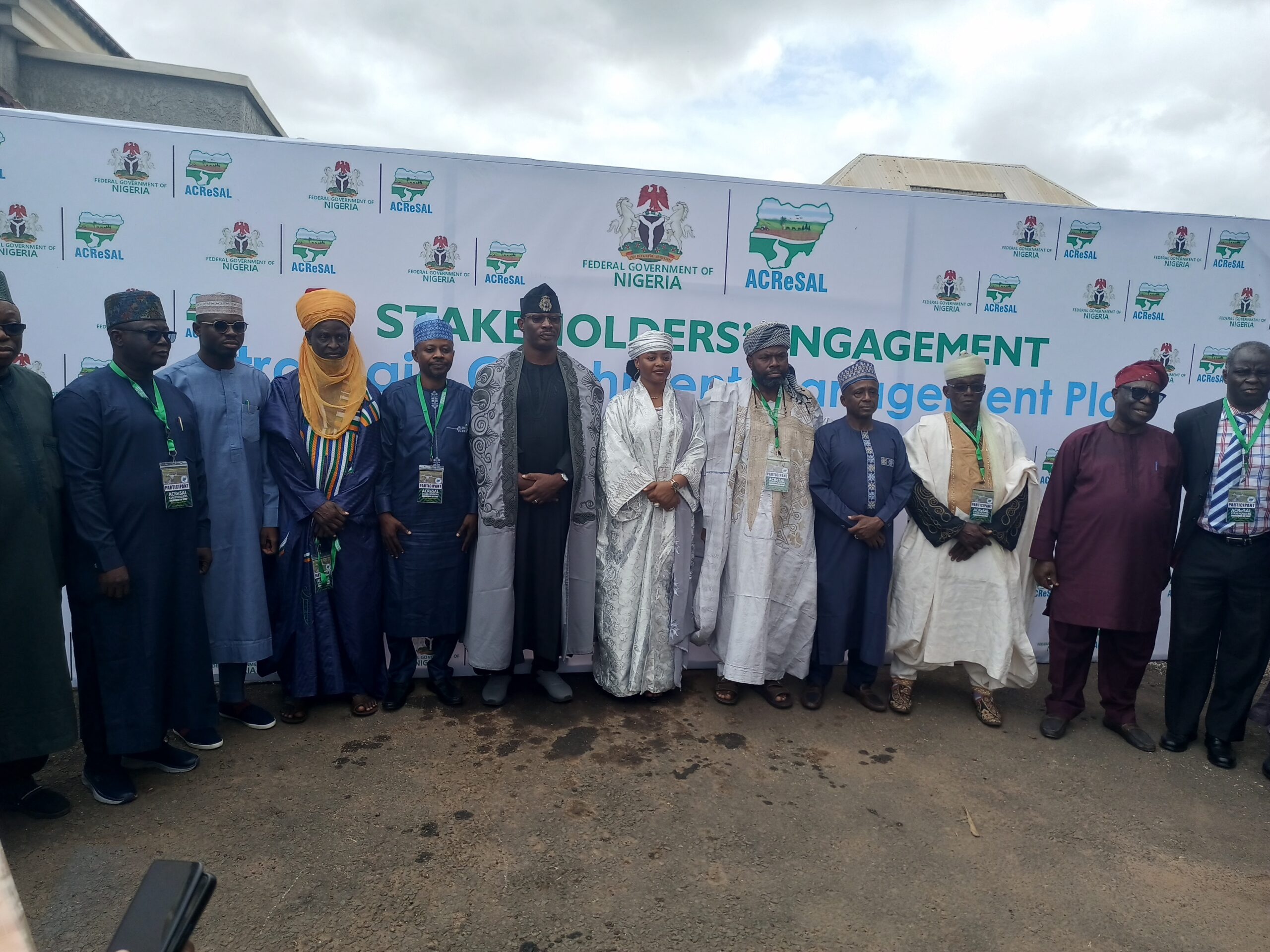The second part of the fifth session of the Intergovernmental Negotiating Committee (INC-5.2) to craft a legally binding international treaty on plastic pollution officially opened today in Geneva, Switzerland, amid calls for urgent action to address the mounting plastic crisis threatening global ecosystems and human health.
The resumed session, which runs from August 5 to 14, 2025, seeks to finalize and approve the text of the proposed plastics treaty. Once concluded, the text will be presented for adoption at a future Diplomatic Conference of Plenipotentiaries.
The meeting follows previous negotiations held in Busan, Republic of Korea in late 2024 and builds on earlier sessions in Punta del Este (2022), Paris (2023), Nairobi (2023), and Ottawa (2024).
Speaking at the opening, UNEP Executive Director Inger Andersen warned of the grave consequences of inaction:
“Plastic pollution is already in nature, in our oceans, and even in our bodies. If we continue on this trajectory, the whole world will be drowning in plasticwith massive consequences for our planetary, economic and human health. But this does not have to be our future.”
The Geneva meeting has attracted over 3,700 delegates, including representatives from 184 countries and 619 observer organizations underscoring the global urgency surrounding the issue.

Chair of the INC, Luis Vayas Valdivieso, emphasized the moral imperative facing negotiators.
“This is more than a diplomatic assignment it is a collective responsibility to protect the environment, safeguard human health, and ensure sustainable economies. We must act in solidarity with those most affected by plastic pollution.”
African countries, heavily impacted by plastic waste despite being among the lowest producers, are advocating for a strong, equity-focused treaty that prioritizes reducing plastic production and bans harmful polymers and chemical additives.
Katrin Schneeberger, Director of Switzerland’s Federal Office for the Environment, echoed this urgency, calling plastic pollution a “global challenge” that demands immediate and inclusive solutions covering the full life cycle of plastic from production to disposal.
Observers and stakeholders gathered ahead of the opening on August 4 for a dialogue session with UNEP leadership and the Swiss Government’s Multi-Stakeholder Forum part of the build-up to what many hope will be a breakthrough moment in international environmental diplomacy.
INC Executive Secretary, Jyoti Mathur-Filipp, highlighted the significance of the venue: “Being hosted at the Palais des Nations situates INC‑5.2 within a long tradition of crucial multilateral negotiations. It is essential that this session becomes part of that legacy.”
African civil society groups and waste pickers are also present in Geneva, pushing for language in the treaty that protects their livelihoods, ensures a just transition, and holds major plastic-producing corporations accountable.
The outcome of INC-5.2 will be critical as the world races against time to beat plastic pollution, with the African bloc expected to play a key role in influencing global policy directions.
By Dare Akogun
DA News will continue to provide updates from Geneva throughout the negotiations.







